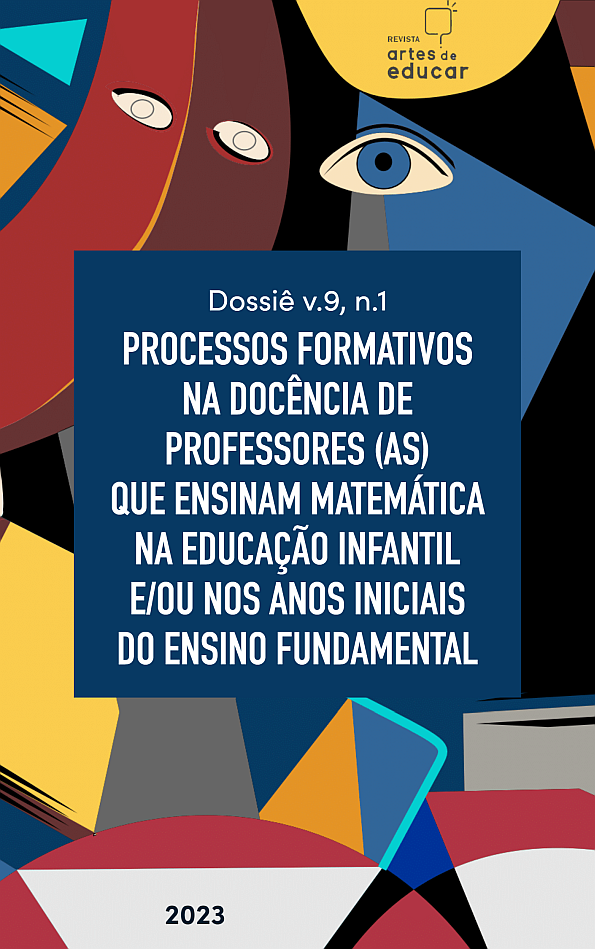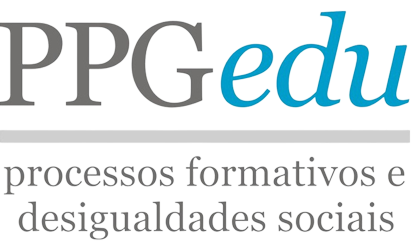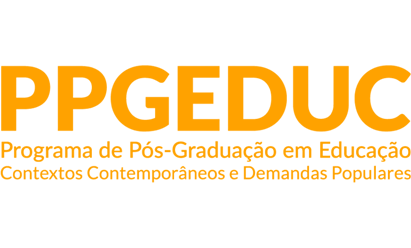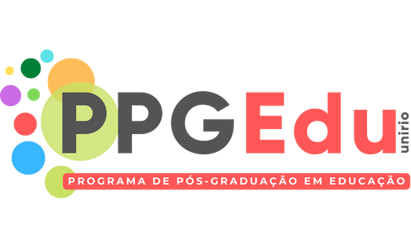A DIFÍCIL ARTE DE SER PROFESSOR INDÍGENA: O ENSINO DE MATEMÁTICA NOS ANOS INICIAIS DO ENSINO FUNDAMENTAL
DOI:
https://doi.org/10.12957/riae.2023.70480Palavras-chave:
Ensino de matemática, Educação escolar indígena, Magistério indígena, Formação inicial de professores indígenas.Resumo
A arte indígena, em suas diferentes formas de representação, tais como: pintura, música, dança e artesanato, expressa processos socioculturais de produção, refinamento e atualização do conhecimento que é passado de geração a geração. Esses processos envolvem um modo de comunicar, ensinar e aprender que é próprio das sociedades indígenas. Ser professor indígena na contemporaneidade requer mobilizar os saberes da tradição e os saberes escolares, tendo em vista o desenvolvimento de currículos e metodologias em consonância com a realidade da comunidade. É com esse princípio que se inicia a discussão neste artigo, cujo objetivo foi identificar os desafios e avanços no ensino de matemática a partir do currículo e dos relatos etnográficos de professores indígenas das séries iniciais do ensino fundamental. Discorre-se sobre as dificuldades no ensino de matemática nas escolas indígenas do Amapá, a partir de um estudo documental e de entrevistas semiestruturadas com professores indígenas. No referencial teórico, entra em cena os conceitos de saberes da tradição e currículo. Os resultados revelaram que o ensino de matemática na educação escolar indígena é um desafio a ser enfrentado pelos professores indígenas, a comunidade, as lideranças e os professores (não-indígenas) militantes, tendo em vista a efetivação de um currículo escolar que dialogue com os saberes da tradição. Por fim, indica-se a importância da realização de novos estudos que discutam sobre o currículo, as metodologias de ensino e o diálogo com os saberes da tradição em contexto indígena.Referências
ALMEIDA, Maria da Conceição de Almeida. Complexidade, saberes científicos, saberes da tradição. 2. ed. São Paulo: Livraria da Física, 2017.
ASSIS, E. (org.). Educação Indígena na Amazônia: experiências e perspectivas. Belém, PA: Associação de universidades amazônicas, Universidade Federal do Pará, 1996. (Série Cooperação Amazônica).
BARDIN, L. Análise de conteúdo. Tradução de Luís Antero Reta e Augusto Pinheiro. 70. ed. Lisboa: LDA, 2021.
GALLOIS, D. T.; GRUPIONI, D. F. Povos indígenas no Amapá e norte do Pará: quem são, onde estão, quantos são, como vivem e o que pensam? São Paulo: Iepé, 2003.
GRUPIONI L. D. B. As leis e a educação escolar indígena: Programa Parâmetros em Ação de Educação Escolar Indígena. Brasília: Ministério da Educação, Secretaria de Educação Fundamental, 2001.
GRUPIONI, L. D. B. (org.). Formação de professores indígenas: repensando trajetórias. Brasília, DF: Ministério da Educação, Secretaria de Educação Continuada, Alfabetização e Diversidade. MEC/SECAD, 2006.
INSTITUTO BRASILEIRO DE GEOGRAFIA E ESTATÍSTICA, 2010. Disponível em: https://censo2010.ibge.gov.br/terrasindigenas/. Acesso em: 28/09/22.
PCKGM. Currículo de ensino fundamental nas escolas indígenas: Karipuna, Galibi Marworno, Palikur, Galibi Kalinã no município de Oiapoque. 3. ed. Belém: Mensageiro, 2014.
SILVA, T. T. Documentos de identidade: uma introdução às teorias do currículo. 3. Ed. Belo Horizonte: Autêntica, 2021.
TARDIF, M. Saberes docentes e formação profissional. Rio de Janeiro: Vozes, 2002.
VIDAL, L. B. Povos indígenas do baixo Oiapoque: o encontro das águas, o encruzo dos saberes e a arte de viver. 3. ed. São Paulo: IEPÉ, 2009.
Publicado
Como Citar
Edição
Seção
Licença
Copyright (c) 2023 Revista Interinstitucional Artes de Educar

Este trabalho está licenciado sob uma licença Creative Commons Attribution-NonCommercial 4.0 International License.
Os autores mantêm os direitos autorais dos seus trabalhos, têm permissão para publicar e distribuir seu trabalho online (ex.: em repositórios institucionais ou na sua página pessoal) a qualquer ponto antes ou durante o processo editorial, já que isso pode gerar alterações produtivas, bem como aumentar o impacto e a citação do trabalho publicado.
A aceitação do texto implica na autorização e exclusividade da Revista Interinstitucional Artes de Educar acerca do direito de primeira publicação, os trabalhos publicados estão simultaneamente licenciados com uma licença Creative Commons Atribuição-Não Comercial 4.0 Internacional 























